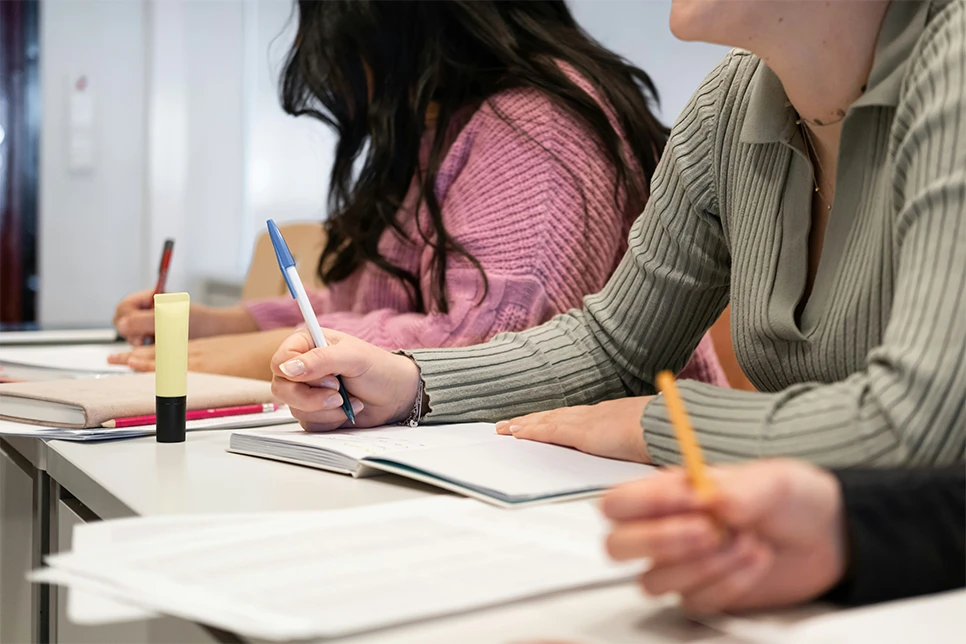In this Q&A, Waseem Andrabi shares how Education Bridge helps publishers tackle complexity & deliver impactful learning experiences at scale.
In the second installment of our KGL Summer School series, we’re turning our attention to science myths that come from outside the classroom—from space battles to desert survival tips to that old “we only use 10% of our brains” trope.
In this special KGL Summer School post, we spotlight five classic classroom confusions that often make their way into textbooks, worksheets, and teaching examples.
Writing effective exam questions is a nuanced process, particularly when it comes to assessing critical thinking.
K-12 publishers in the U.S. face challenges navigating changing state legislation on educational content, risking adoptions and revenue.
Recently, the KGL Smart Lab team explored how a custom GPT can be used in the production of examination items, and there were some very interesting key findings and takeaways.
In today’s classroom, assessments must meet a variety of requirements, including grade-appropriate readability, lack of bias, coverage of state or national standards, and targets for depth of knowledge (DOK) and Bloom’s taxonomy.
Earlier this summer, KnowledgeWorks Global Ltd. welcomed Vanessa Vaughn as Senior Director, Content Services in our K-12 and Higher Education group to oversee content development for science and humanities subjects.
Over the last decade, in response to a changing, better-informed world, the publishing industry has taken steps to bring more diversity into the workforce as well as to make its content more inclusive.










